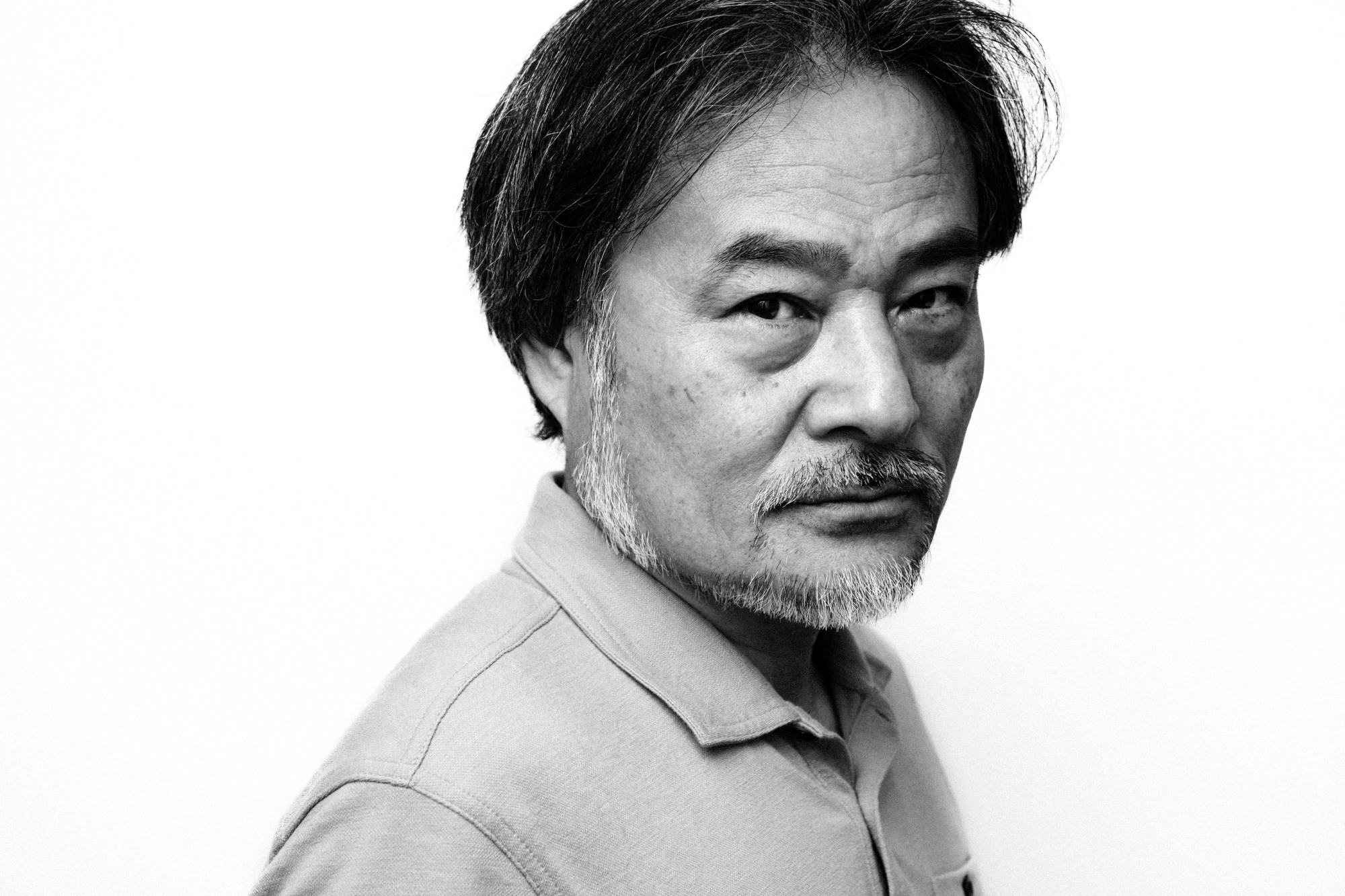Kiyoshi Kurosawa: The Filmmaker Who Blended Horror With Philosophical Themes
One of the most influential figures in contemporary Japanese cinema, Kiyoshi Kurosawa has garnered international acclaim for his unique style that effortlessly blends horror with philosophical themes. His films explore the darker aspects of human nature, often delving into realms of psychological terror and the supernatural. This essay aims to critically examine the complexities of Kiyoshi Kurosawa, highlighting his distinct cinematic approach and shedding light on the profound themes that underpin his thought-provoking works.
The Horror-Philosophy Nexus in Kurosawa's Cinema
At the core of Kurosawa's filmmaking lies a masterful fusion of horror and philosophy. His films often commence with seemingly mundane situations that gradually descend into unsettling territory, mirroring the way in which ordinary life can abruptly give way to the inexplicable. This juxtaposition creates a palpable sense of unease, drawing the viewer into a realm where the boundaries between reality and nightmare blur.
Kurosawa's horror is not merely a means to elicit cheap thrills but rather a vehicle for exploring profound philosophical questions. Through his haunting imagery and disquieting narratives, he invites viewers to confront the darker aspects of human consciousness, such as fear, trauma, and the fragility of existence. His films challenge conventional notions of good and evil, delving into the gray areas where morality becomes ambiguous and the line between victim and perpetrator blurs.
Exploring Trauma and Doppelgängers in "Cure"
Kurosawa's 1997 film "Cure" exemplifies the filmmaker's ability to merge horror with philosophical inquiry. The film revolves around a series of seemingly unrelated murders, each committed by a different person who has been inexplicably compelled to kill by a mysterious man known only as 'M.' As Detective Takabe investigates the case, he uncovers a sinister connection between the victims and the enigmatic 'M,' leading him down a path of psychological torment.
"Cure" delves deep into the realm of trauma and its devastating effects on the human psyche. The victims' memories have been erased, leaving them as empty vessels ripe for manipulation by 'M.' Kurosawa masterfully uses the doppelgänger motif to symbolize the haunting presence of trauma, as the victims' former selves emerge as ghostly apparitions, silently accusing them of their forgotten transgressions.
Unveiling the Fragility of Identity in "Pulse"
Kurosawa's 2001 film "Pulse" takes a more overtly supernatural approach while continuing to explore philosophical themes. The film depicts a world ravaged by a technological plague that manifests as eerie ghosts inhabiting the internet. These ghosts represent the lingering remnants of lost souls, their digital existence a poignant reminder of the fragility of identity in a rapidly digitalizing world.
"Pulse" confronts viewers with the existential dread that accompanies the realization of our own mortality. The ghosts serve as a constant reminder of the inevitable passage of time and the fleeting nature of our existence. Kurosawa uses the film to explore themes of alienation and isolation, as the characters find themselves trapped in a world where the boundaries between the virtual and the real become increasingly blurred.
Critical Perspectives on Kurosawa's Cinema
While widely acclaimed for his unique style and thought-provoking themes, Kurosawa's cinema has also been subject to diverse critical perspectives. Some critics have praised his ability to create a sense of dread and unease, while others have criticized the slow pacing and ambiguity that characterize many of his films. However, it is this very ambiguity that allows viewers to engage with Kurosawa's films on a deeper level, inviting them to grapple with the existential questions that his works raise.
Scholars have extensively analyzed Kurosawa's cinema, highlighting its philosophical underpinnings and its contribution to the horror genre. Critic Tony Rayns has described Kurosawa's films as "existential horror," arguing that they explore the "abyss of nothingness" that lies beneath the surface of everyday life. Other scholars have drawn parallels between Kurosawa's work and the philosophical writings of Jean-Paul Sartre and Albert Camus, emphasizing the themes of alienation, absurdity, and the search for meaning in a meaningless world.
Conclusion: Kurosawa's Enduring Legacy
Kiyoshi Kurosawa stands as a visionary filmmaker whose unique blend of horror and philosophical themes has left an indelible mark on contemporary cinema. His films challenge conventional notions of genre, inviting viewers to confront the darker aspects of human nature and the existential questions that accompany our existence. Through his haunting imagery, disquieting narratives, and profound insights into the human condition, Kurosawa has established himself as one of the most influential and thought-provoking filmmakers of our time.
The enduring legacy of Kurosawa's cinema lies in its ability to transcend the boundaries of genre and engage with fundamental questions of human existence. His films continue to resonate with audiences worldwide, offering a unique and unsettling exploration of the darker recesses of the human psyche and the fragility of our place in the universe.
Drake: The Rapper Who Dominates Hip-Hop And Pop
Elvis Presley: The King Of Rock 'n' Roll Who Shaped Modern Music
Tiger Woods: The Golfing Icon Who Changed The Sport Forever

![Kiyoshi KUROSAWA - Yamaguchi Center for Arts and Media [YCAM]](https://www.ycam.jp/asset/image/profile/kiyoshi-kurosawa.jpg)

